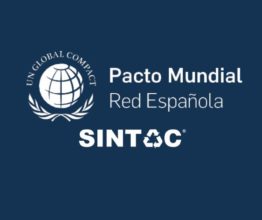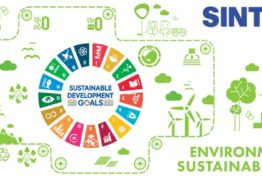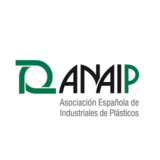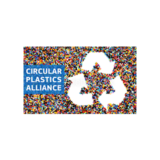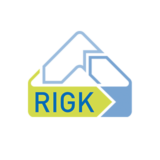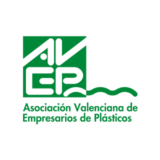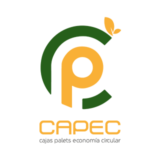Vicente Olmos, CEO at Sintac: “The plastic recycling industry is at a turning point, and must concentrate on plastic recycling at a local level”
VICENTE OLMOS, CEO AT SINTAC RECYCLING SL. : “THE PLASTIC RECYCLING INDUSTRY IS AT A TURNING POINT, AND MUST CONCENTRATE ON PLASTIC RECYCLING AT A LOCAL LEVEL.”
SINTAC RECYCLING participated in a conference at the Global Recycling Convention and Exposition of BIR in Barcelona, which took place between the 27th and the 30th of May.
The measures taken by the Chinese government to stop plastic imports, and the major threats to the plastic, under the increasing pressure from customers and governments, represent a great opportunity for the plastic recycling industry. This is the overriding conclusion of the global Convention and Exposition of BIR, held in Barcelona last week.
Vicente Olmos, CEO at SINTAC RECYCLING & SINTAC RECYCLING Systems and Compounds, participated in one of the main conferences at the global event, and stated “The Plastic industry is at a turning point and must concentrate on plastic recycling at a local level, after many years of mainly exporting globally.”
For the CEO of SINTAC RECYCLING, the key to success is to face the existing threats that the plastic industry is experiencing, “products made out of plastic will only have a chance in the near future if they are designed ecologically, with a high recycled content, recovery system and closed-loop recycling”.
In response to the closed markets in China, many recyclers have moved their operations principally to South-East Asian countries as Thailand, Malaysia and Vietnam. However, the Malaysian Government ceased to permit application approvals. Meanwhile, the Vietnamese and Thai governments were taking drastic measures against those factories that did not comply with the environmental regulations, which led to some factory closures. Other potential markets in Asia, as Taiwan and the Philippines, were not able to reach substantial volumes.
During the convention, the importance of supporting the recycling of plastics at a local level was reiterated, as many enterprises in Europe and in the United States of America have already specialized in recycling plastics locally.
In a report on the US market, Patawari Borad outlined the new objectives introduced by the Plastic Division of the American Chemistry Council. The objectives include the 100% recyclability or recoverability of plastic packaging until the 2030, as well as the 100% recyclability or recoverability of reusable plastic packaging until the year 2040. These goals are “very ambitious”, said Borad, given that the recycling rate of beverage containers in the US is currently 30%.
The European report of Renaud Pfund, from Veolia Propreté France Recycling, identified an increasing demand of PET and HDPE bottles in Eastern Europe. Meanwhile, the plastic recycling opportunities in the Middle East could improve if the region offered “long run legal and regulatory frameworks”, according to Mahmoud AL Sharif, from the corporate group Sharif.
The general public “has brought greater awareness over the need of recycling”, enthused Mr. Patawari Borad. The principal and most influent names from the business world are taking action to improve their recycling yields “under the pressure of customers, clients and governments”. The plastic recycling industry can look forward to a “promising future”, but will require a “substantial investment”, he argued.
The Guest Speaker Markus Panhauser, Operations Manager of FMS Logistics in Germany, focused on the future of transactions. He stated that the consolidation among operators would ultimately lead to a reduced competition and higher freight rates.
